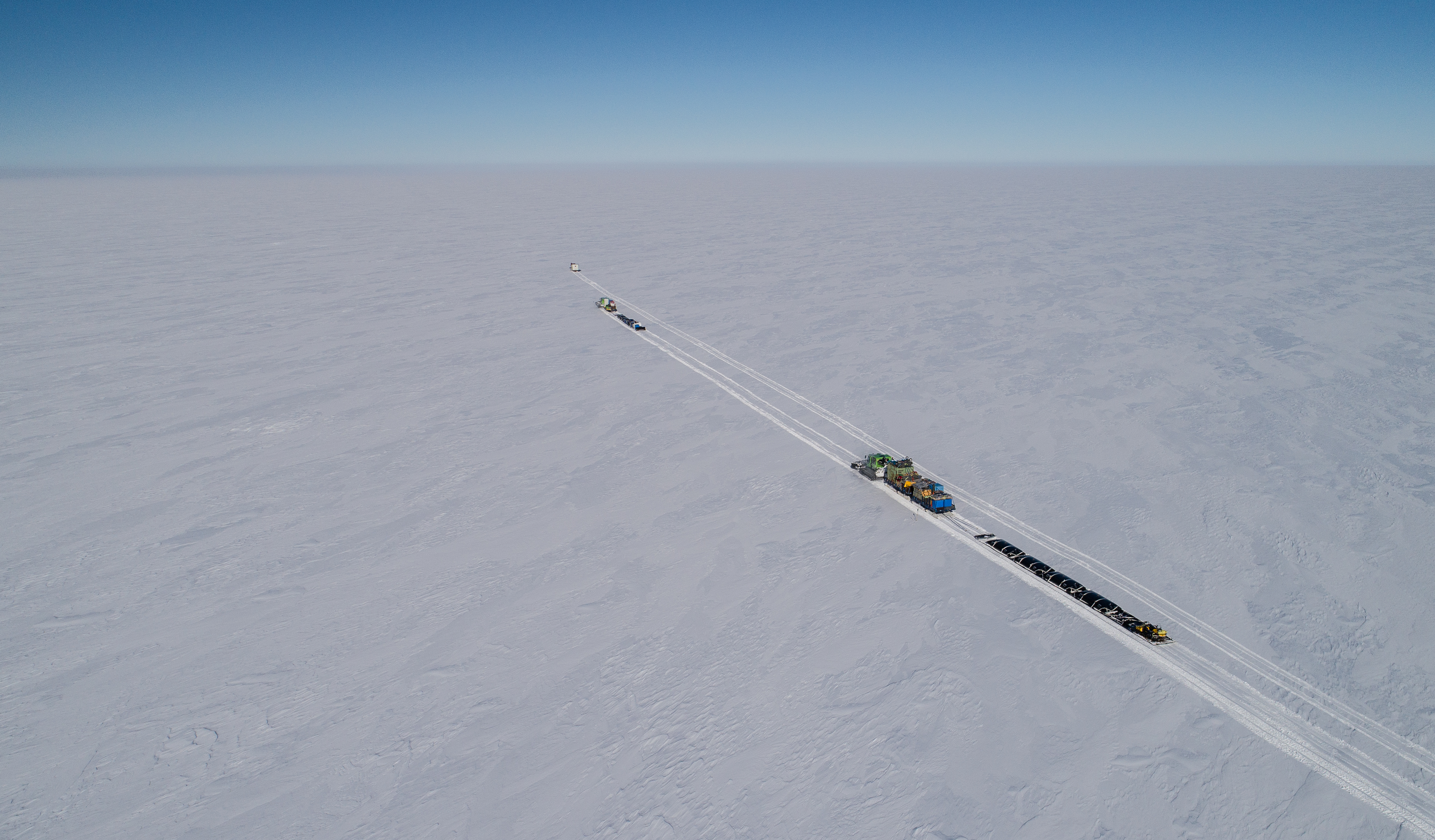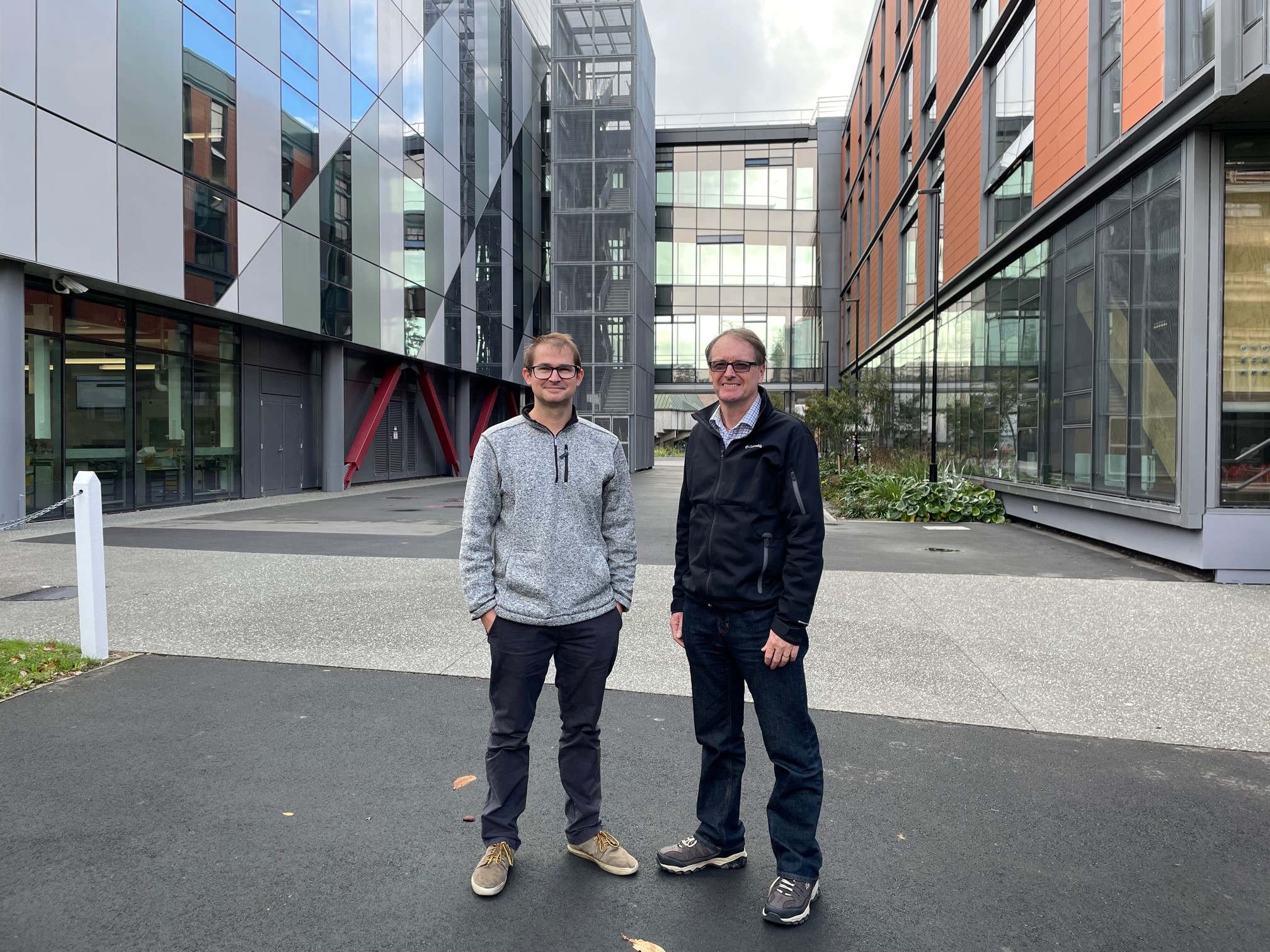Photo caption: This stunning image by the NASA/ESA Hubble Space Telescope features the spiral galaxy NGC 5643 in the constellation of Lupus (The Wolf). NGC 5643 is about 60 million light-years away from Earth and has been the host of a recent supernova event. Photo credit: SA/Hubble & NASA, A. Riess et al
As you’re thinking deep thoughts under the night sky this summer, take a moment to think about the supernovae that may have unlocked a totally different way of understanding how the Universe is getting (even) bigger.
For the last 100 years or so, physicists believed the universe was expanding equally in all directions and used the concept of “dark energy” as a placeholder to help explain what they couldn’t understand. However, this theory has always had its problems.
Now, a team of Te Whare Wānanga o Waitaha | University of Canterbury (UC) physicists are challenging the status quo, using improved analysis of supernovae light curves to show the Universe is expanding in a more varied, “lumpier” way – and that the idea of “dark energy” isn't needed at all. They say the findings provide very strong evidence that may resolve some of the key questions around the quirks of our expanding cosmos. With new data the Universe's biggest mystery may be settled within five years.
Theoretical Physics Professor David Wiltshire from UC’s School of Physical & Chemical Sciences leads the research along with UC postdoctoral fellow Dr Ryan Ridden-Harper and PhD students Zachary Lane, Antonia Seifert, and Marco Galoppo, working with the supernova collaboration at the Space Telescope Science Institute in the United States.
The new evidence supports the “timescape” model of cosmic expansion, which doesn’t have a need for dark energy because the differences in stretching light aren't the result of an accelerating universe but instead a result of how we calibrate time and distance.
It takes into account that gravity slows time, so an ideal clock in empty space ticks faster than inside a galaxy.
The model suggests that a clock in the Milky Way would be about 35 per cent slower than the same one at an average position in large cosmic voids, meaning billions more years would have passed in voids. This would in turn allow more expansion of space, making it seem like the expansion is getting faster when such vast empty voids grow to dominate the universe.
Professor Wiltshire, who led the study, says: “Our findings show that we do not need dark energy to explain why the universe appears to expand at an accelerating rate.
“Dark energy is a misidentification of variations in the kinetic energy of expansion, which is not uniform in a universe as lumpy as the one we actually live in.”
He adds: “The research provides compelling evidence that may resolve some of the key questions around the quirks of our expanding cosmos.
"With new data, the universe's biggest mystery could be settled by the end of the decade.”
The new analysis is published today in the journal Monthly Notices of the Royal Astronomical Society Letters.
 Sustainable Development Goal (SDG) 4 - Quality Education.
Sustainable Development Goal (SDG) 4 - Quality Education.










